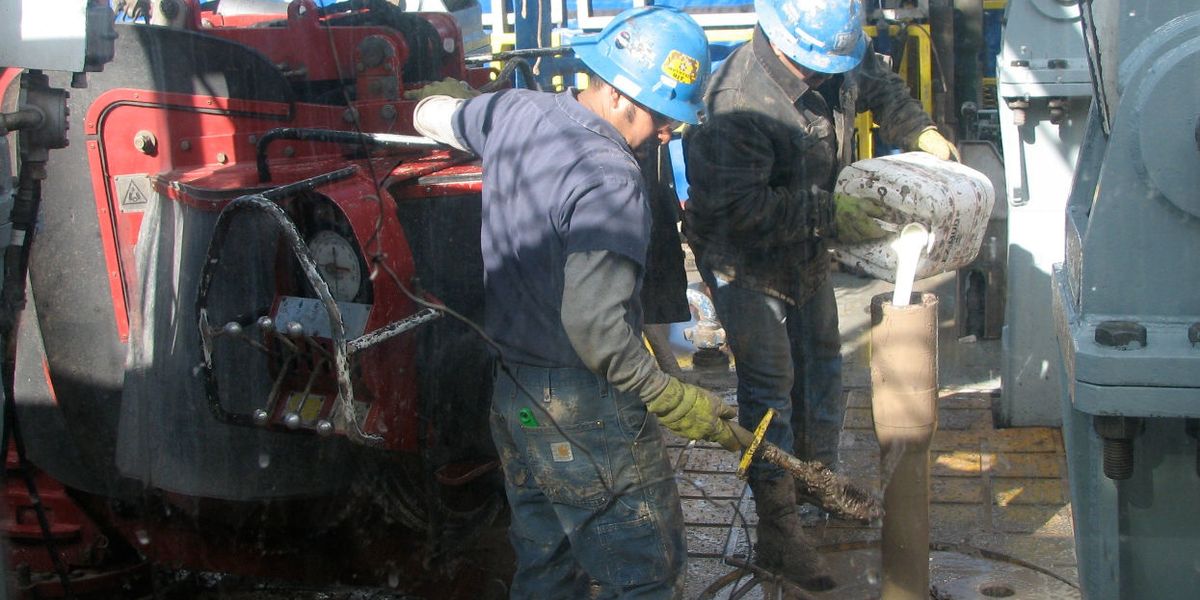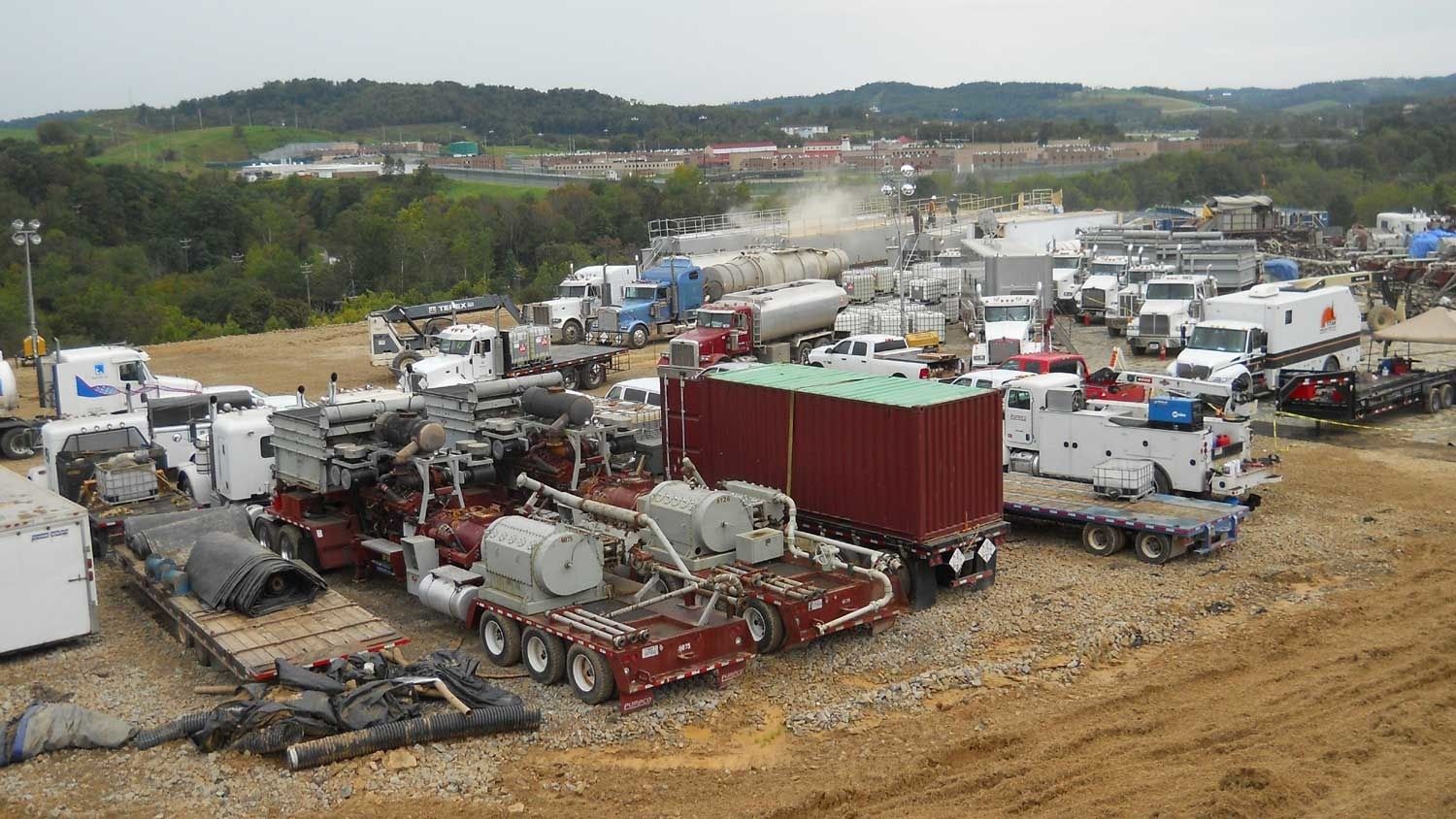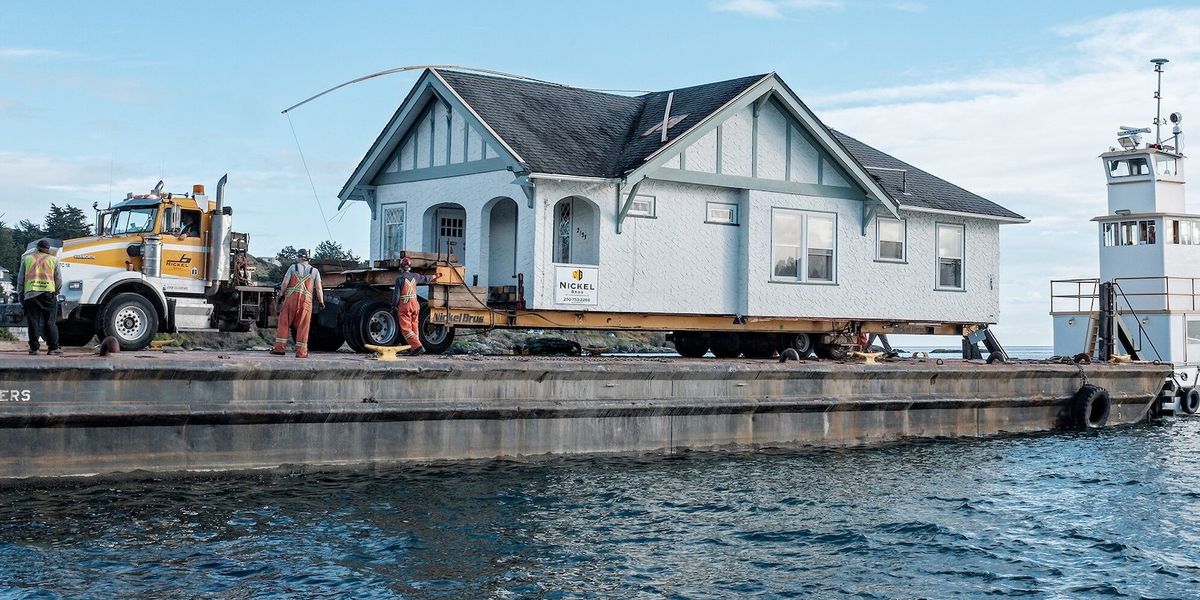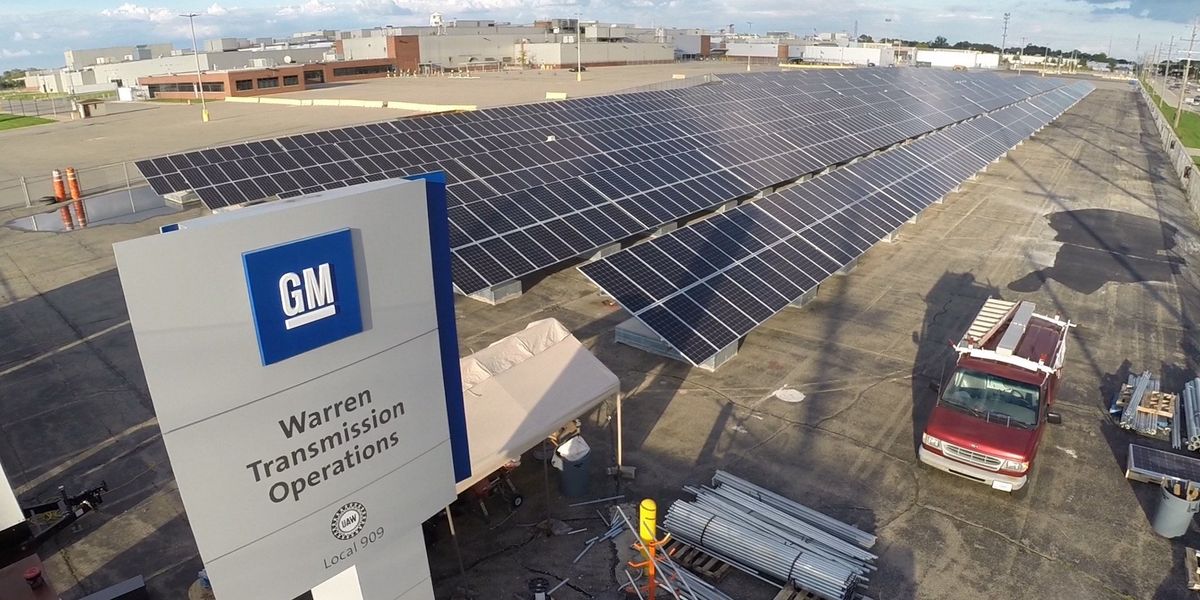
More than 80 percent of waste from Pennsylvania’s oil and gas drilling stays in the state: Report
Exposure to oil and gas drilling waste has been linked to numerous health impacts, including cancer.
More than 80 percent of all waste from Pennsylvania's oil and gas drilling operations stays inside the state, according to a new study that tracked the disposal locations of liquid and solid waste from these operations over 26 years.
The study, published in the journal Science of the Total Environment, looked at waste from both conventional oil and gas drilling and fracking, or hydraulic fracturing, a process of extracting oil and gas from the Earth by drilling deep wells and injecting liquid at high pressure. This is the first comprehensive assessment of Pennsylvania's waste-disposal practices since the state began tracking waste disposal data in 1991, and it suggests that Pennsylvanian's aren't being adequately protected from potential health impacts associated with the industry's waste disposal practices.
"Tracking waste across space—the distance and direction it travels and where it ends up—and across time helps us determine who is absorbing the potential health burdens associated with these waste products, both from recent operations and from legacy pollution across the lifetime of the state's oil and gas operations," said Lee Ann Hill, a researcher at Physicians, Scientists and Engineers for Healthy Energy (PSE) and lead author of the study, in a statement.
The study concluded that Pennsylvania residents are bearing more than 80 percent of that potential health burden. Living near fracking operations has been linked to preterm births, high-risk pregnancies, asthma, migraine headaches, fatigue, nasal and sinus symptoms, and skin disorders over the last 10 years.
Pennsylvania also has the third highest cancer incidence rate of all U.S. states. Approximately half of all Pennsylvanians will be diagnosed with cancer at some point in their lifetime, and about one in five Pennsylvanians will die of cancer.
Waste from both fracking and conventional oil and gas operations includes high-salinity water that can contain strontium and radium—both of which are classified as carcinogens—and solid waste like cuttings from drilling that bring naturally occurring radioactive materials like uranium, radium and thorium, up to the surface of the Earth from deep below.
In Southwestern Pennsylvania, most solid waste from oil and gas goes to landfills in the county where it was produced, while in northern counties along state borders solid waste is generally moved to neighboring states of Ohio and New York, according to the study.
The study found that solid waste mainly goes into landfills. Some of the state's liquid waste—7.6 percent, or 30 million barrels over 26 years—was sent to municipal or other water treatment plants, which discharged into surface waters like rivers after treatment.
Studies have shown that despite treatment, pollution remains in sediment downstream from release sites. For example, radium persists in sediment for many years and strontium, which accumulates in bones of living things, has been found in the shells of Allegheny River mussels downstream of treatment facilities.
More than half of the liquid waste from oil and gas operations that stays in Pennsylvania was reused in extraction operations, the study found. While recycling wastewater sounds good, the practice can result in more concentrated levels of salinity and chemical residues with each use.
The researchers noted this practice raises questions about how to treat or dispose of these more concentrated waste streams in the future.

The final location is unknown for more than a third of liquid waste from all oil and gas operations—35 percent—often because reporting only lists intermediary locations for transfer or storage.
"This finding illuminates what we don't know," Hill said.
The study also found that conventional oil and gas accounts for nearly a third of all waste generated by the industry in Pennsylvania. The researchers noted that legislation passed in 2016 strengthened disposal location tracking for fracking operations, but similar reporting practices weren't required for conventional operations.
"We know that many of the hazards and risks associated with waste from oil and gas extraction exist for both conventional and unconventional operations," Hill said. "From a public health perspective, it doesn't really make sense that conventional operators are held to a different standard."
The study concludes that a consistent, cradle-to-grave reporting system should be put in place so researchers can properly assess the risks posed to human health and the environment posed by waste from all types of oil and gas production.













